Channels

Rotary
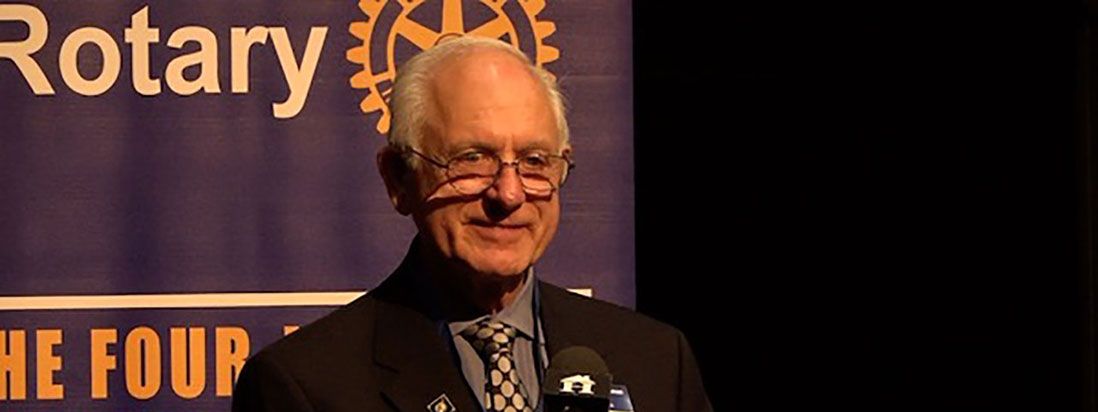
Rotary Conference

Laurel Health Centers

Penn Oak Realty

Movin Together
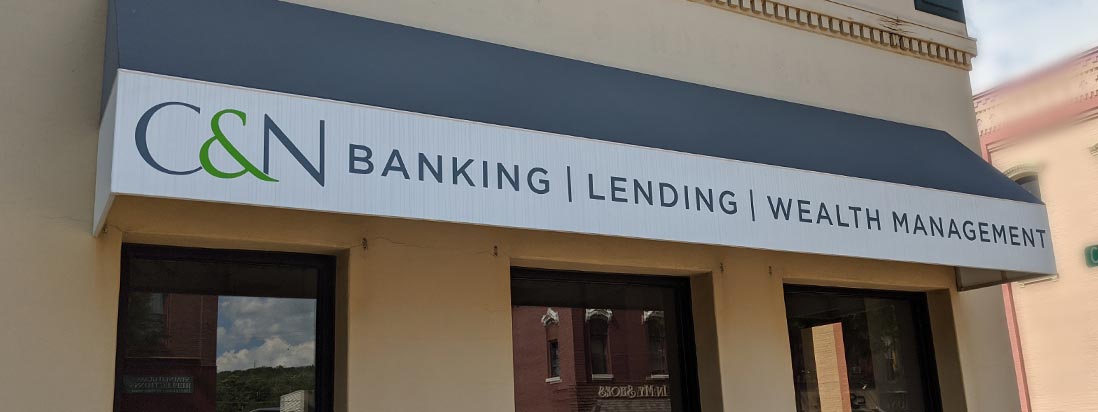
Bank On It
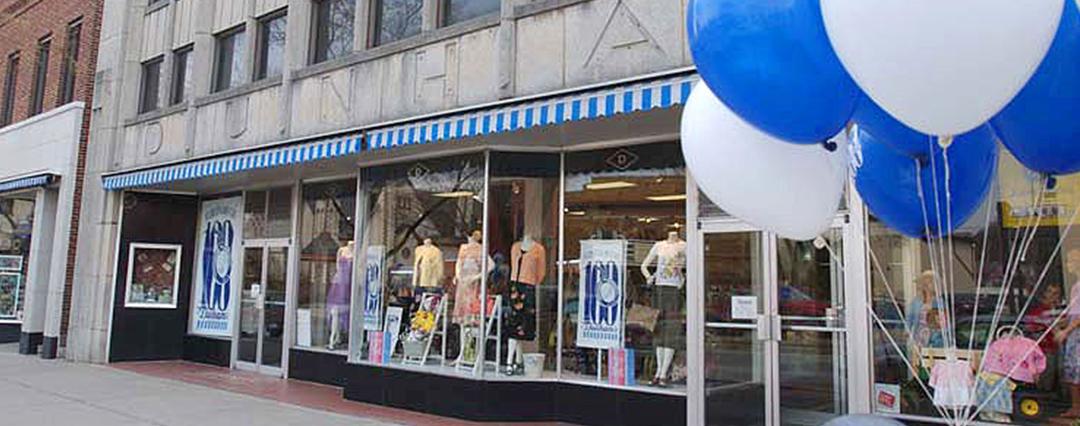
Dunhams Corner
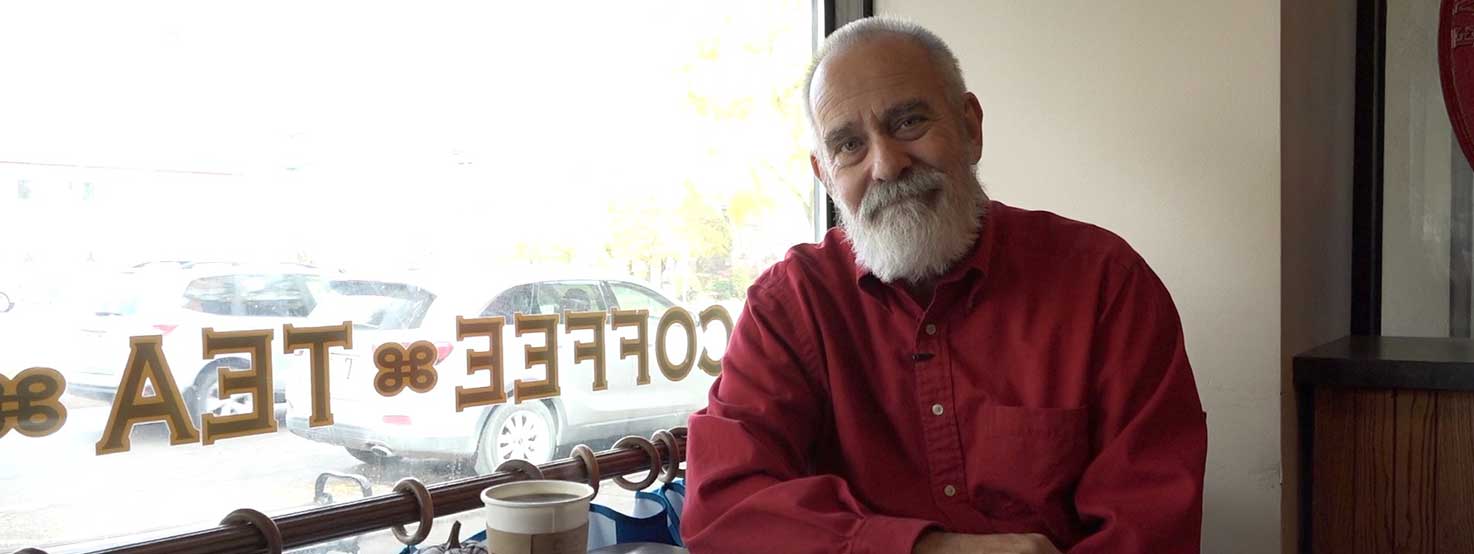
By The Door
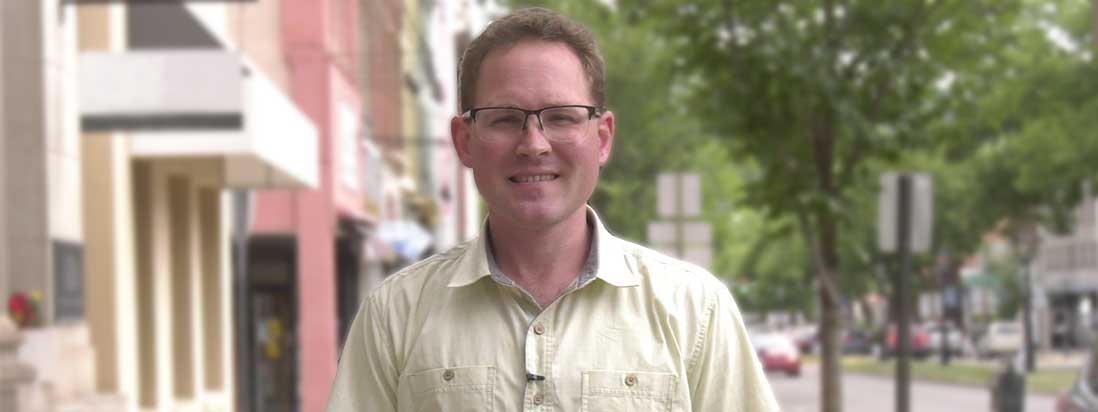
Questioning Life

Karschners Insurance

Ag Happenings

Back to Basics

Hornet Happenings
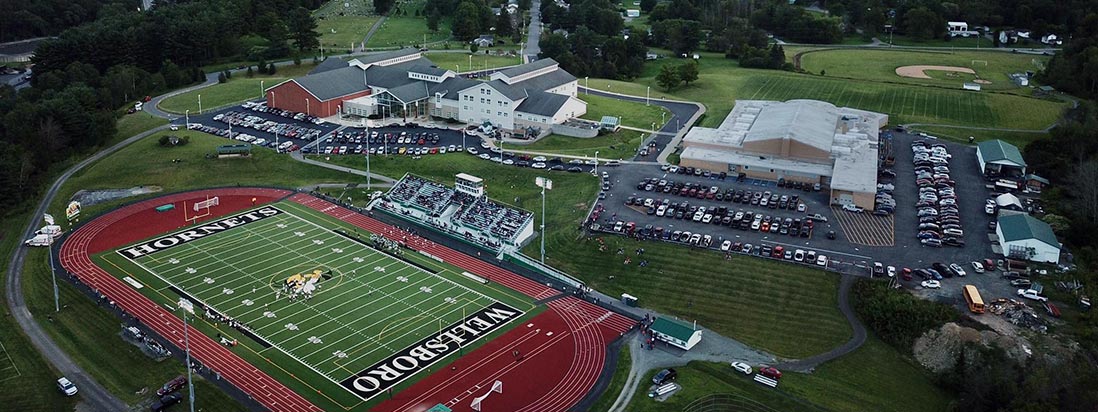
Live From The Hive
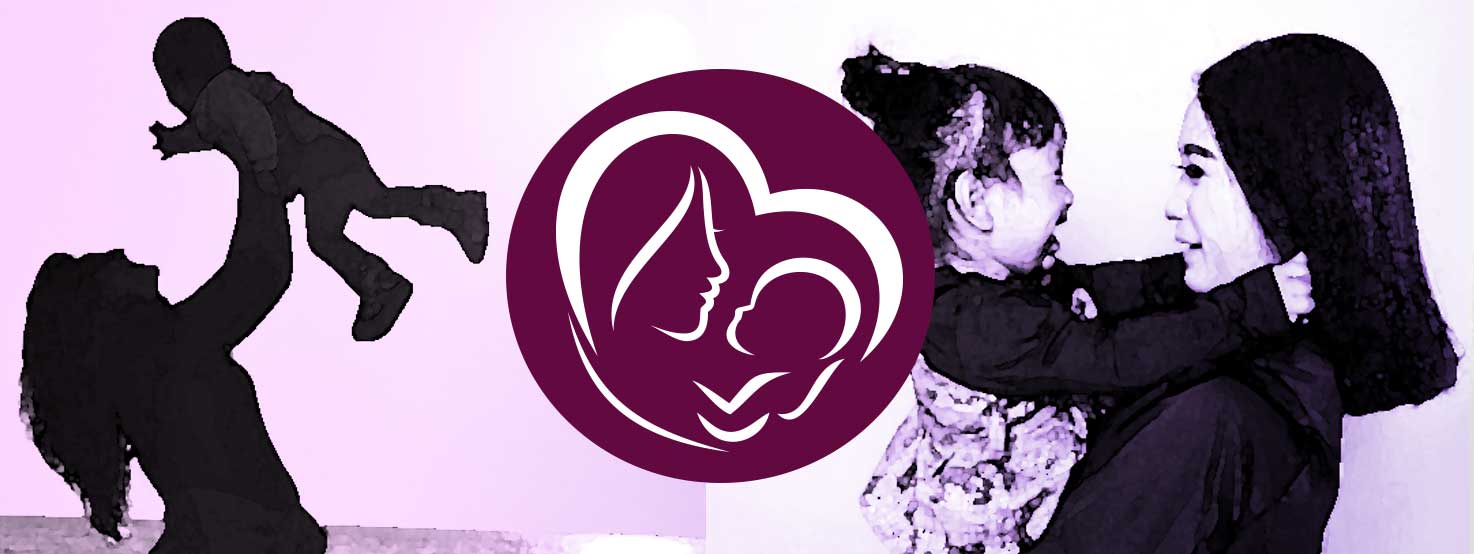
Momday Monday

Pennsylvania Politics

The Briefing

Weekly Highlights
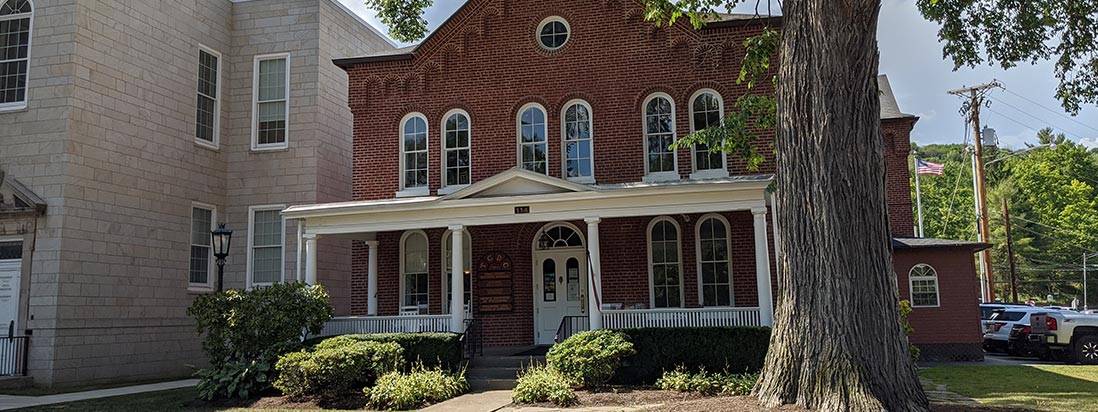
Wellsboro Chamber

COVID-19 Vaccines and The Pro-Life Community
In light of recent news stories in national media regarding COVID-19 vaccines and the abortion industry, many are trying to find their moral position in their vaccine decision.
This statement from the US Conference of Catholic Bishops, along with the writings of Father Dave Bechtel of St. Peters Catholic Church in Wellsboro, PA, may help you with your decision.
First, the USCCB statement released on March 2, 2021:
WASHINGTON – On March 2, Bishop Kevin C. Rhoades of Fort Wayne-South Bend, chairman of the U.S. Conference of Catholic Bishops’ (USCCB) Committee on Doctrine, and Archbishop Joseph F. Naumann of Kansas City in Kansas, chairman of the USCCB’s Committee on Pro-Life Activities, issued a statement on the Johnson & Johnson COVID-19 vaccine recently approved for use in the United States.
“The approval of Johnson & Johnson’s COVID-19 vaccine for use in the United States again raises questions about the moral permissibility of using vaccines developed, tested, and/or produced with the help of abortion-derived cell lines.
“Pfizer and Moderna’s vaccines raised concerns because an abortion-derived cell line was used for testing them, but not in their production. The Johnson & Johnson vaccine, however, was developed, tested and is produced with abortion-derived cell lines raising additional moral concerns. The Congregation for the Doctrine of the Faith has judged that ‘when ethically irreproachable Covid-19 vaccines are not available … it is morally acceptable to receive Covid-19 vaccines that have used cell lines from aborted fetuses in their research and production process.’ [1] However, if one can choose among equally safe and effective COVID-19 vaccines, the vaccine with the least connection to abortion-derived cell lines should be chosen. Therefore, if one has the ability to choose a vaccine, Pfizer or Moderna’s vaccines should be chosen over Johnson & Johnson’s.
“While we should continue to insist that pharmaceutical companies stop using abortion-derived cell lines, given the world-wide suffering that this pandemic is causing, we affirm again that being vaccinated can be an act of charity that serves the common good.”
For further details, we refer people to our earlier December 2020 statement, to our Answers to Key Ethical Questions About COVID-19 Vaccines, to the Congregation of the Doctrine of the Faith’s Note, and to the statement of the Vatican Covid-19 Commission in collaboration with the Pontifical Academy for Life.
Comments from Father Dave Bechtel:
The way I understand the bishops is this:
When possible one should opt to take the Maderna or Pfizer vaccines. One should only opt for the Johnson and Johnson vaccine if one is not able to get the Maderna or Pfizer vaccines. This is because Maderna and Pfizer are not as closely associated with the sin of abortion, whereas Johnson and Johnson apparently has a greater degree of association.
My reading of the bishops, however, at this time, then, suggests that accepting the Johnson and Johnson Vaccine is a moral option–so long as the person does not have the option to get Pfizer or Maderna.
Understand, also, however that this reflects Catholic teaching. This may not reflect the teachings of the different Protestant sects in the area. That is why I am not comfortable making a general statement to the public. I can only speak to my people as Catholics on this issue. I cannot speak on behalf of Presbyterians, Baptists, etc. On this question, also, because of its importance, it needs to be the bishops who speak to it.
You may want to ask some of the other pastors in town–that you trust and get their opinions also. The USCCB speaks only for the Catholic Church. While non-Catholics are pro-life, not all pro-lifers may share the opinion of the bishops. I do not want to see people being afraid to take the vaccines because they fail to understand what is or is not being asserted with regard to the vaccines.
Thanks! God Bless!
Father Dave Bechtel
In closing, here are some additional thoughts and clarifications from The Reverend David W. Bechtel that you may find helpful in making decisions regarding the available vaccines. These thoughts were taken from St. Peter’s Church Weekly Bulletin, dated February 21, 2021.
Some Catholics have been concerned about the Corona Virus vaccine because of its link with abortion. Is it morally justifiable to accept a vaccine that is linked with abortion? To answer the question I first have to explain the “link” with abortion. Once this is explained I will explain the Principle of Cooperation, a moral theological principle that is applied in questions like this.
The Corona vaccines do not include cells from aborted fetuses. The Corona vaccines were not tested on cells from aborted fetuses. Corona vaccines were tested on “fetal cell lines.” Fetal cell lines are cells that grow in a laboratory; they descend from cells that came from aborted fetuses in the 70’s and 80’s. Fetal cell lines are thousands of generations removed from the actual aborted fetuses from which they descend. The long and short of it is this: Fetal cell lines are decedents of aborted fetal cells, thousands of generations removed from the original fetal cells; not actual aborted fetal cell tissue.
Now I will explain the Principle of Cooperation. Catholics have a moral obligation to seek what is good and avoid what is evil. That sounds simple enough. The problem is that there are times when it might be necessary to cooperate in the evil of another person in order to bring about good or seek what is good. It is never morally permissible to commit sin to bring about a good. The principle of cooperation seeks to distinguish between that line: between a direct sin to bring about good vs. regrettable but morally justifiable cooperation with evil to bring about a good.
Note that “cooperation” is distinct from “scandal.” Scandal is an action that directly influences another to sin. Cooperation is an action that enables or facilities the sin of another without influencing the person’s will to sin. Cooperation can be formal or material. Formal cooperation with evil is sinful. When one formally cooperates with evil, one is helping the other to sin; one is directly connected to the sin. For example: a person who pays for an abortion, performs the abortion or drives a woman to the abortion clinic. The person paying for the abortion, performing the abortion or driving the woman to the abortion clinic is directly connected to the evil. They are directly participating in the sin.
Material cooperation is not sinful. An example of material cooperation would be our tax dollars being used to pay for abortions. We have to pay taxes. I do not want my tax dollars to pay for abortions, but I have no direct control, save my vote, as to how tax dollars are spent. In this case, I have no direct control over what the government does with my tax dollars; my paying of my taxes does not mean I support abortion. Note that in material cooperation with evil, there is no direct connection between the individual and the evil of another individual. Another example of material cooperation would be a gun shop owner. A person goes to the shop to purchase a gun. That person uses the gun to commit a crime. That does not mean the gun shop owner enabled the crime or supported the crime. The person who purchased the gun misused the gun; he/she used the gun for a purpose it wasn’t designed. That is not the fault of the gun shop owner. The gun shop owner, therefore, is connected with the crime in no substantive sense.
The development of the Corona Vaccine is not directly tied to the evil of abortion. This is why Catholics, can, in good conscience receive the vaccine. We are not cooperating in the evil of abortion by accepting the vaccine. There is no direct connection between development of the vaccine, our reception of the vaccine and abortion. Only in the loosest sense is there even a correlation between the development of the vaccine, reception of the vaccine and abortion. It is because of this that Catholics may, in good conscience, accept the vaccine. I have already received the first dose of the vaccine; the second I will receive on March 2.
Despite the above, there are some Catholics who still feel in their conscience that taking the vaccine would be sinful. In this, I cannot tell someone to violate their conscience. If you feel in conscience that you would be committing a sin to accept the vaccine, then you must follow your conscience. From the perspective of the Catholic Church, there is no sin involved in accepting the vaccine for the reasons I explained above. However, individuals are accountable to their conscience before they are accountable to the Church.
Before I close, I need to state that dissenting Catholics argue that they are only following their conscience in dissenting from Church teaching. Catholic teaching has always regarded the conscience as supreme. It does not follow that the supremacy of conscience gives one a license for Cafeteria Catholicism or a license to sin. The reasons why are for another article.
That’s the way it is,
The Reverend David W. Bechtel, Pastor
Credits:
Writing: USCCB Committee on Pro-Life Activities and The Reverend David W. Bechtel, St. Peters Church in Wellsboro
Produced by Vogt Media






































